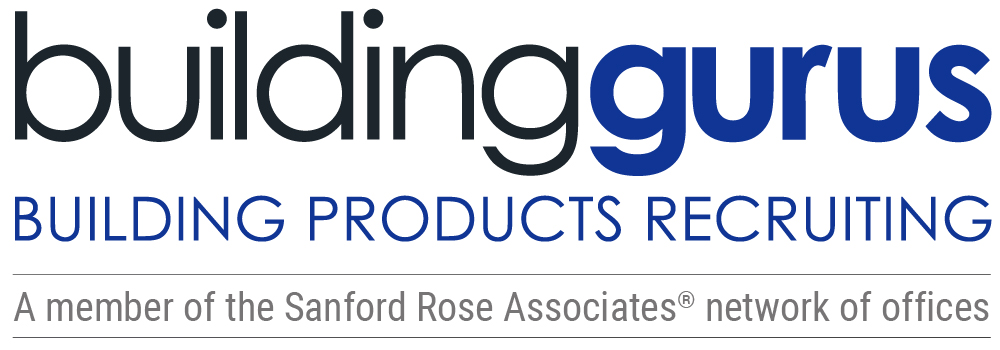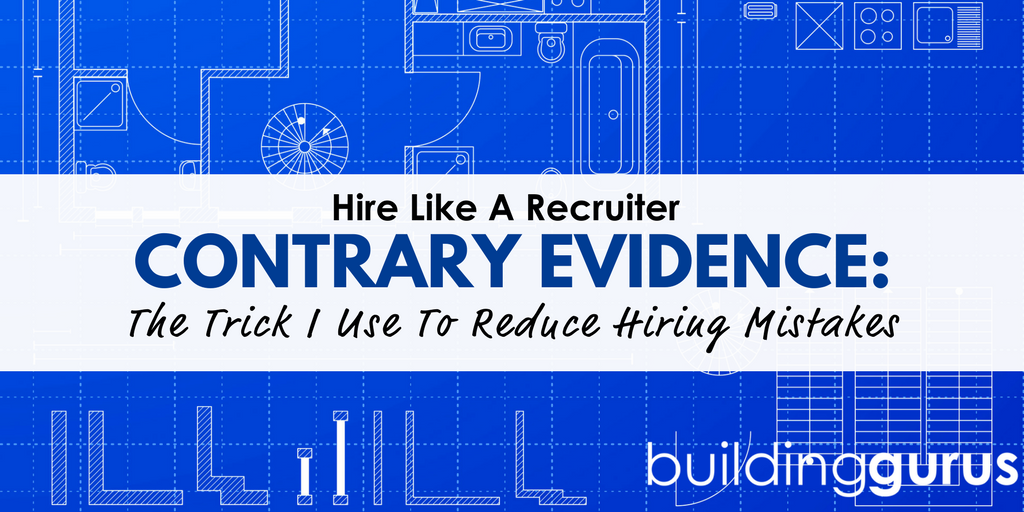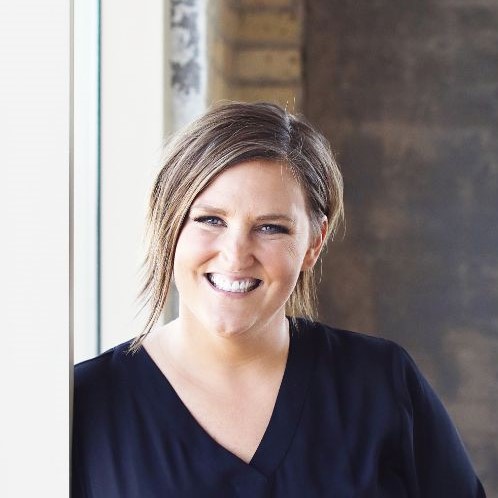Way back in my career, I worked in retail. I was in training at a department store and part of it was watching a bunch of videos. Many were fairly boring, but one really stood out. It was about contrary evidence.
So, what is contrary evidence and how does it apply to hiring?
The basic premise is most people make up their mind about something within a few minutes. They will then look for ways to justify their feeling.
In hiring, this means within a minute or two, you have probably made up your mind about a candidate. You either like them or don't. You either believe they can do the job or they can't. Most people will then seek out proof their feelings are right, that they are making the right choice.
It totally doesn't matter whether you are 100% right or wrong about the candidate. It is human nature.
First Impressions Can Be Very Wrong
Let's say you have a pile of resumes to review. You find a handful you really like so you schedule interviews. The first candidate comes in and you fall in love. They have everything you want and you are positive they are the right candidate. So once your brain has reached this conclusion, the only thing you focus on is evidence your intuition is correct.
So, where's the problem?
You aren't going to really be paying attention to anything said after this point, even if it is a cause for alarm.
You are positive this is the one you are going to hire. You breeze through the rest of the interviews, not really focusing on anything because you already have your candidate.
See where you might be making a huge mistake? What if when you were stuck in your warm, fuzzy love fest with the first candidate they actually said some things that make them the totally wrong fit? What if someone else in the mix was actually the better candidate with more experience and capabilities?
How To Break The Cycle
You have to be self-aware enough to realize when you are justified in being excited about the candidate's potential and when you are in love without being able to back it up.
So, when you start feeling like this is “the” candidate and everything about them is perfect, you need to stop. Take a second, shake it off and adjust your mindset. Stop asking only surface level questions and dig into their responses. Stop getting hung up on what you think about the candidate and actually focus on their answers.
It may be hard to do, but you have to put the brakes on your emotions at this point. Focus on assessing the applicant. You don't need to prove yourself right or wrong, you need to objectively evaluate each person and pick the one that can best do the job.
When They Aren't A Fit
The same applies when you decide you don't like a candidate or think they won't be able to do the job. Stop thinking about why they won't work out. Start asking what they could bring to the position. Don't get stuck on the ways you feel they aren't right. Try to approach it from a completely different angle.
Dig deeper and you may discover that you’ve missed a very important detail about an applicant.
Paying attention to your thoughts and feelings is the first step. Realizing when you are going down a path of super positive or negative feelings and then stopping yourself is something you have to practice.
Make sure you find the best person for the role, no matter what you initially think about them.










